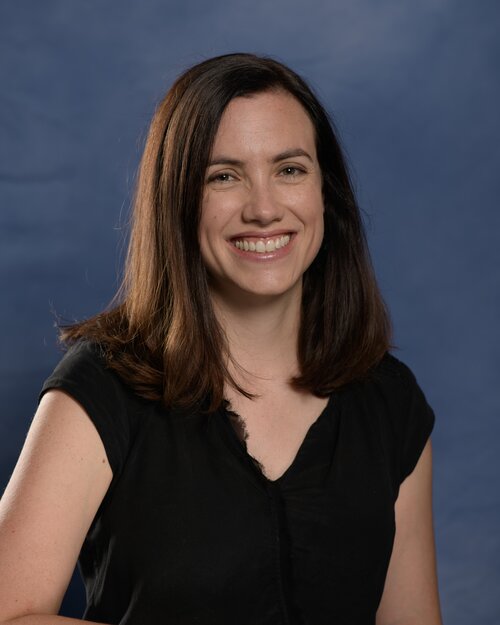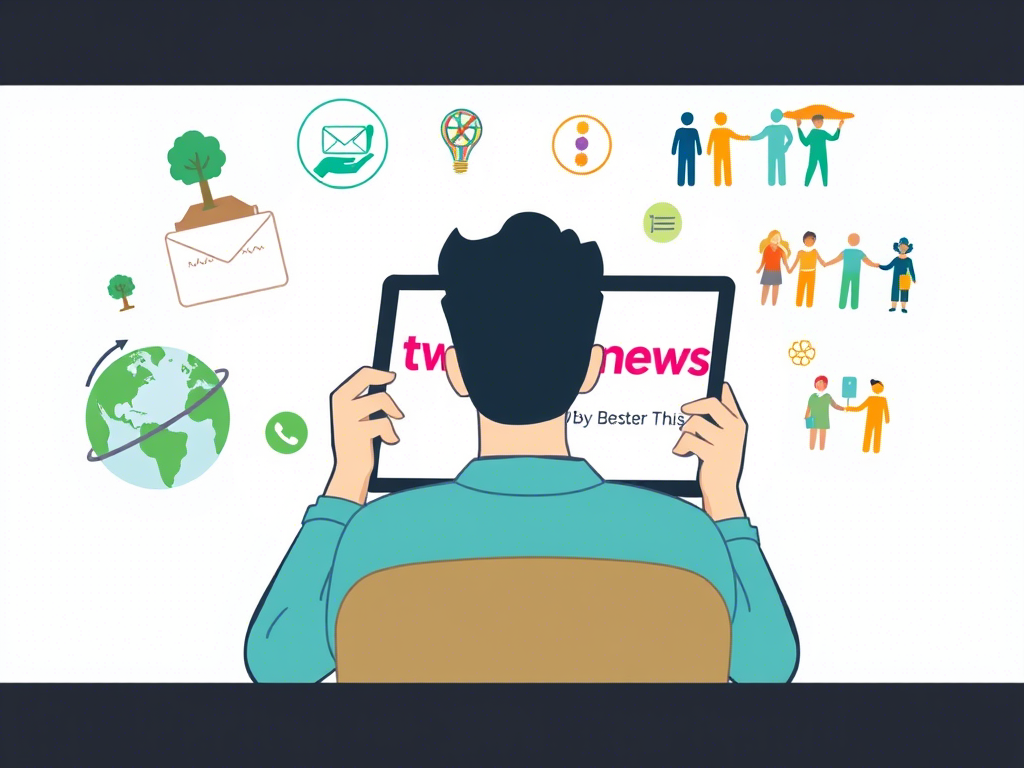
Introduction
The C.W. Park USC lawsuit has sent shockwaves through academic institutions nationwide. A former student assistant, Yi Youn Kim, filed serious allegations against Choong Whan Park, a tenured professor at USC’s Marshall School of Business. The case brings to light critical issues of sexual misconduct, harassment, and discrimination within educational settings.
This high-profile lawsuit challenges USC’s handling of sexual misconduct allegations and raises questions about student safety in academic environments. The case highlights a disturbing pattern of alleged predatory behavior targeting female Korean students, bringing attention to the vulnerability of international students in academic settings.
This lawsuit has implications beyond USC’s campus. It has sparked conversations about institutional accountability and the urgent need for stronger protections against sexual misconduct in higher education.
Understanding the Allegations Against C.W. Park
Yi Youn Kim was a student assistant at USC Marshall School of Business from 2016 to 2019. During her time there, she worked closely with Professor Choong Whan Park, a position that would later become the center of disturbing allegations against the tenured faculty member.
The lawsuit filed by Kim details a pattern of alleged misconduct that spans her three-year employment period. According to court documents, Park allegedly:
- Made unwanted sexual advances during private meetings
- Touched her inappropriately without consent
- Used his position of authority to manipulate and coerce
- Created a hostile work environment through persistent harassment
Kim’s legal complaint describes Park’s alleged tactics of isolating vulnerable students:
“He specifically targeted young female Korean students who were far from home, using their cultural backgrounds and career aspirations to establish control over them.”
The allegations extend beyond Kim’s personal experience. Internal investigations revealed multiple reports from other female students who described similar patterns of behavior. These students, predominantly of Korean descent, reported feeling trapped by:
- Language barriers limiting their ability to seek help
- Cultural pressures to respect authority figures
- Fear of academic and professional retaliation
- Concerns about visa status and educational opportunities
The lawsuit characterizes Park as a “serial sexual predator” who allegedly refined his targeting methods over years. Students reported he would:
- Identify vulnerable international students
- Offer special academic opportunities
- Create situations requiring private meetings
- Gradually escalate inappropriate behavior
- Use threats and manipulation to maintain silence
The scope of allegations spans nearly a decade, with multiple students describing similar experiences across different academic years. These accounts paint a picture of systematic predatory behavior that allegedly went unchecked within the university system.
The reported incidents often began with seemingly innocent academic discussions that would gradually shift toward personal matters. Park allegedly used his influence in the academic community and connections to major corporations as leverage, making students feel their educational and professional futures depended on maintaining his favor.
USC’s Response and the Need for Institutional Accountability
USC’s handling of the allegations against C.W. Park raises significant concerns about institutional accountability in higher education. The university’s initial response involved denying wrongdoing while defending Park’s professional reputation, citing confidential personnel matters as a barrier to full disclosure.
This approach highlights a critical issue in academic institutions: the balance between privacy rights and public safety. USC’s decision to maintain confidentiality has sparked debate about whether such practices protect predatory behavior under the guise of personnel privacy.
The university’s response pattern mirrors similar cases where institutions prioritize reputation management over transparency:
- Limited public disclosure of investigation findings
- Delayed response to initial complaints
- Restricted access to relevant documentation
- Minimal communication with affected students
Legal experts argue that universities must establish clear protocols for handling sexual misconduct allegations while maintaining appropriate transparency. This includes:
- Immediate Investigation of all reported incidents
- Regular Updates to affected parties
- Clear Documentation of administrative actions
- Public Disclosure of investigation outcomes within legal boundaries
The Park case demonstrates how institutional policies can inadvertently create barriers to justice and accountability in academic settings.
Impact on Campus Safety Reforms and Misconduct Policies
The C.W. Park USC lawsuit has sparked a critical examination of campus safety protocols across American universities. This case highlights significant gaps in existing misconduct policies, including:
- Reporting Mechanisms: Many institutions lack clear, accessible channels for students to report harassment
- Response Timeline: Universities often delay investigations, leaving victims vulnerable
- Protection Measures: Insufficient safeguards exist for students who come forward with allegations
- Cultural Sensitivity: Current policies rarely address unique challenges faced by international students
The case has prompted universities to reevaluate their approach to sexual misconduct allegations, leading to the implementation of reforms such as:
- Real-time tracking systems for harassment complaints
- Mandatory training programs for faculty and staff
- Enhanced support services for international students
- Independent review boards for misconduct investigations
These reforms reflect a growing recognition that traditional handling of harassment cases has failed to protect students. Universities now face pressure to adopt comprehensive policies that address:
- Power dynamics between faculty and students
- Cultural barriers in reporting incidents
- Immediate response protocols for allegations
- Clear consequences for perpetrators
The ripple effects of the C.W. Park case demonstrate how a single lawsuit can catalyze systemic change in academic institutions. Student advocacy groups have seized this moment to demand stronger protections, pushing universities to prioritize safety over reputation.
Moreover, the lawsuit underscores the need for a deeper understanding of the psychological impact of sexual assault, which is often overlooked in policy discussions. Recognizing these effects is crucial in shaping effective interventions and support systems for survivors.
Legal Proceedings: What Lies Ahead?
The lawsuit against C.W. Park and USC has entered a critical phase, with legal experts predicting significant implications for both parties. Yi Youn Kim’s legal team seeks substantial compensatory damages to address:
- Physical and emotional trauma
- Lost educational opportunities
- Career advancement setbacks
- Medical expenses and therapy costs
The court may also consider punitive damages against USC, potentially reaching millions of dollars, to address the institution’s alleged negligence in handling prior complaints.
The legal battle faces several key challenges:
- Statute of limitations considerations
- Documentation of historical complaints
- Witness testimony from other affected students
- USC’s defense strategy citing confidential personnel matters
The case has attracted attention from civil rights attorneys specializing in educational institution accountability. Legal precedents from similar cases suggest potential settlements ranging from $2-10 million, depending on evidence strength and jury perception of institutional responsibility.
Conclusion: Fostering a Safer Academic Environment Together
The C.W. Park USC lawsuit serves as a critical reminder of our shared duty to protect students in academic settings. Creating safe educational spaces demands active participation from every member of the academic community:
- Students must feel empowered to speak up against misconduct
- Faculty and staff need proper training to recognize and report inappropriate behavior
- Institutions should implement robust reporting systems and transparent investigation processes
The way forward is to believe survivors, take immediate action against those who commit sexual misconduct, and have no tolerance for such behavior. Your voice is important in the ongoing discussion about campus safety. When we unite and demand accountability, we can create a future where every student can study without the fear of harassment or discrimination.




















